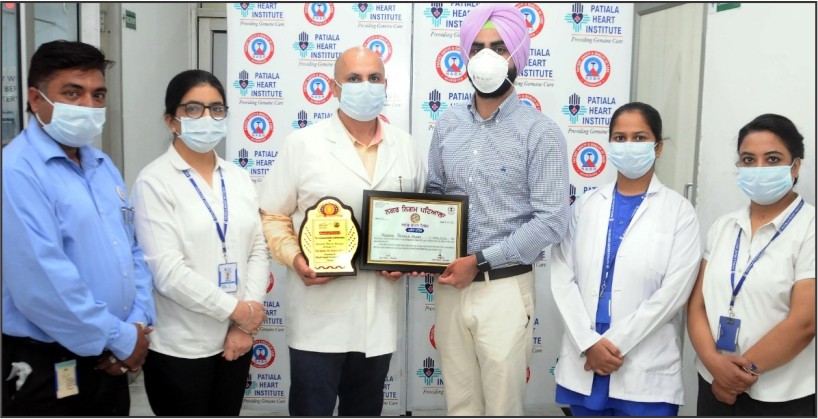Understanding Female Pelvic Health: Addressing Vaginal Atrophy, Urinary Incontinence, and Other Common Issues
Female pelvic health is an important but often overlooked aspect of women’s overall well-being. Issues such as vaginal atrophy, urinary incontinence, overactive bladder, and pelvic prolapse can have a significant impact on a woman’s quality of life. If you have concerns about your female pelvic health, explore why it is crucial to address female pelvic health needs, how to recognize signs of pelvic issues that need attention, and the importance of seeking help from your gynecologist if you have a family history of pelvic issues.
Why Female Pelvic Health Matters
One of the primary functions of the female pelvis is to support the weight of the upper body and protect internal organs such as the bladder, uterus, and ovaries. The pelvic bones form a sturdy foundation for these organs, helping to maintain their position within the body. Without proper pelvic support, these organs could shift out of place, leading to discomfort and potential health issues.
What The Female Pelvis Does
In addition to providing support for internal organs, the female pelvis also plays a crucial role in childbirth. During pregnancy, the pelvis expands to accommodate the growing fetus, allowing for a safe passage during labor and delivery. The shape of the female pelvis is specifically designed to facilitate childbirth, with different types of pelvic shapes influencing the ease or difficulty of delivery. This adaptability showcases just how remarkable and versatile the female pelvis truly is.
Female Pelvic Hormonal And Functional Health
Another important function of the female pelvis is its role in maintaining hormonal balance. The ovaries are situated within the pelvic cavity and are responsible for producing hormones such as estrogen and progesterone. These hormones regulate menstrual cycles, fertility, and various aspects of reproductive health. The intricate connection between the pelvic organs and hormonal balance highlights how essential this area is for overall well-being.
Furthermore, the muscles of the pelvic floor play a significant role in supporting bladder control and sexual function. Weakness or dysfunction in these muscles can lead to issues such as urinary incontinence or pelvic pain. Regular exercise and proper pelvic floor rehabilitation can help strengthen these muscles and improve overall pelvic health. By caring for this vital area through targeted exercises and proper alignment practices, women can enhance their quality of life and prevent potential complications.
Importance of Addressing Female Pelvic Health Needs
Female pelvic health issues can affect women of all ages and can have a considerable impact on their physical and emotional well-being. Vaginal atrophy, for example, can lead to symptoms such as vaginal dryness, itching, and pain during intercourse. Urinary incontinence and overactive bladder can cause embarrassment and social isolation. Pelvic prolapse can result in discomfort and difficulty with activities like walking or standing for long periods. By addressing these issues early on, women can improve their quality of life and prevent more serious complications down the line.
Signs You Have Female Pelvic Issues

There are several signs that may indicate you have female pelvic health issues that need to be addressed, especially if you have pain when urinating or notice blood in your urine. These issues include experiencing frequent urinary tract infections or vaginal infections, having difficulty controlling your bladder or bowels, feeling pressure or heaviness in your pelvis, or noticing changes in your menstrual cycle. You may even notice intimate changes in your pelvis, such as discomfort during sex or not being interested in intercourse. If you experience any of these symptoms regularly or if they worsen over time, it is essential to seek evaluation from your gynecologist.
Seeking Help From Your Gynecologist
If you have a family history of pelvic issues or if you are experiencing symptoms that concern you, it is crucial to schedule an appointment with your gynecologist. Your gynecologist can perform a thorough evaluation to determine the underlying cause of your symptoms and recommend appropriate treatment options. They may also refer you to a specialist in female pelvic medicine and reconstructive surgery for further evaluation and management.
Treatment Options for Female Pelvic Health Issues
Treatment options for female pelvic health issues vary depending on the specific condition being addressed. For vaginal atrophy, treatments may include hormone therapy or moisturizers to alleviate symptoms. For urinary incontinence or overactive bladder, behavioral therapies such as pelvic floor exercises or medications may be recommended. In more severe cases of pelvic prolapse, surgical intervention may be necessary to correct the underlying anatomical issue.
Addressing female pelvic health needs is vital for maintaining overall well-being and quality of life. By recognizing signs of pelvic issues early on and seeking help from your gynecologist if needed, women can receive timely treatment and support to manage their symptoms effectively. Remember that you are not alone in dealing with these common issues – there are healthcare professionals who specialize in female pelvic health who are dedicated to helping you feel better and live life to the fullest.

















